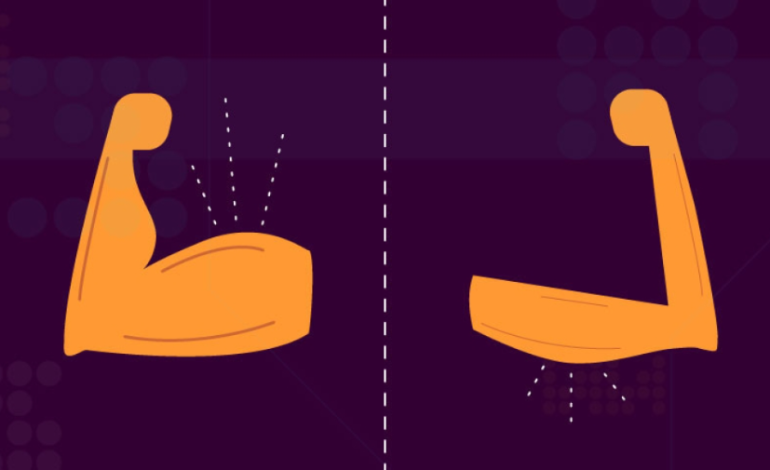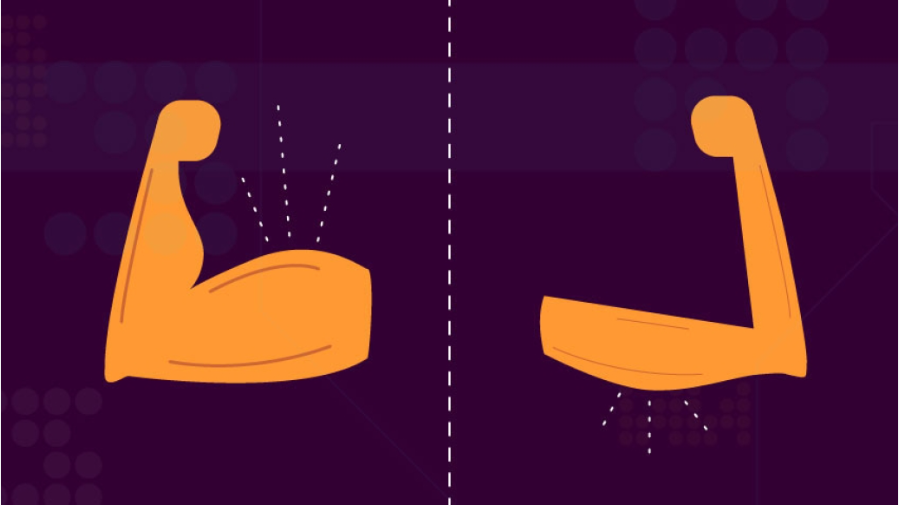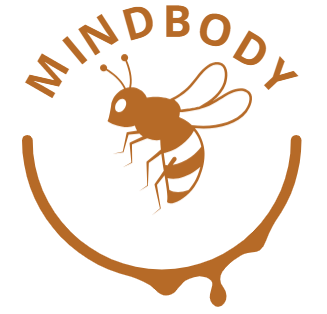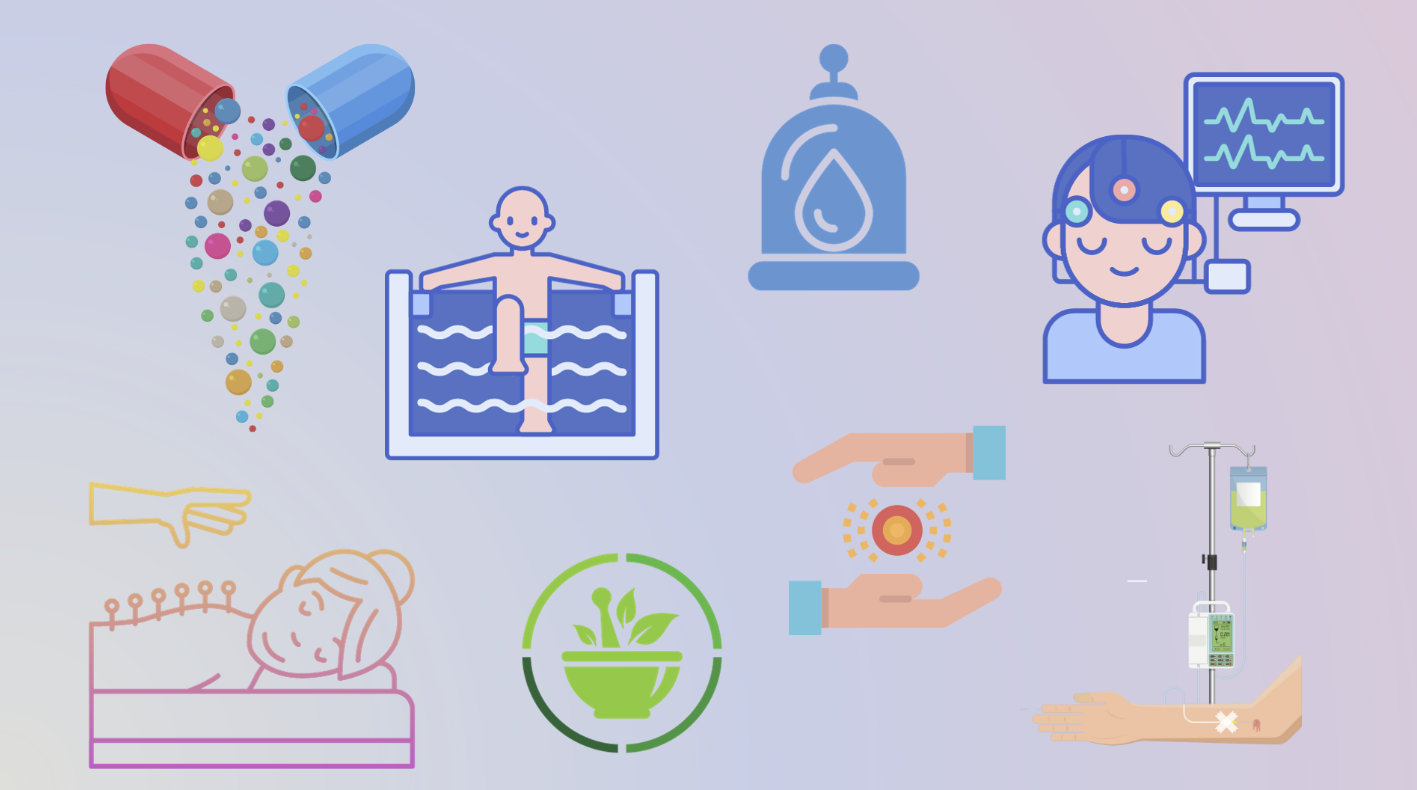
The Most Effective Natural Ways to Relieve Autoimmune Disease Pain

Autoimmune Pain Relief: A Comprehensive Guide to Finding Natural Solutions
Chronic pain from autoimmune conditions can be exhausting and frustrating. It’s one of the most difficult symptoms to manage. As a functional medicine provider, I see firsthand how devastating it can be for patients. But the good news is, with the right approach, autoimmune pain relief is very achievable.
In this guide, I’ll walk you through how autoimmune pain works, why it’s so challenging, and most importantly, how natural methods can help. If you’re dealing with pain from rheumatoid arthritis, lupus, or any other autoimmune condition, this guide will help you take control of your health and find relief.
What Causes Autoimmune Pain?
Autoimmune pain is complex, and to effectively manage it, we need to understand what’s causing it. At its core, autoimmune pain happens when the immune system mistakenly attacks healthy cells and tissues, triggering inflammation. This inflammation is a sign that the body is trying to heal, but when it becomes chronic, it causes more damage than good.
Inflammation can be a healing process, but when it’s excessive or long-lasting, it can lead to pain and discomfort. Understanding what triggers inflammation is key to managing pain in autoimmune diseases. Some common triggers include:
- Blood sugar issues
- Food sensitivities
- Gut problems
- Hormone imbalances
- Infections
- Overexertion
- Stress
- Toxin/chemical exposure
These factors can all affect how the immune system behaves, and the symptoms will be unique to each person. For example, if your immune system mainly targets your joints, that’s where your pain will show up.
Types of Autoimmune Pain
Autoimmune pain can affect many parts of the body, including the joints, muscles, nerves, and organs. Some common types of autoimmune pain include:
- Joints: This is common in conditions like rheumatoid arthritis and lupus.
- Muscles: Autoimmune conditions like lupus can cause muscle pain as well.
- Nerves: Some autoimmune conditions can cause nerve pain, such as with multiple sclerosis.
- Organs: In conditions like interstitial cystitis (painful bladder syndrome), the pain is specific to organs.
Pain can vary widely from headaches and migraines to more localized issues like joint and muscle pain.
Conventional Methods for Autoimmune Pain Relief
Traditional methods, like painkillers, can offer temporary relief from autoimmune pain, but they mainly treat the symptoms and don’t address the root cause. While these medications can reduce inflammation and help you feel better for a while, they don’t provide long-term solutions. Plus, prolonged use can lead to side effects like stomach ulcers or liver damage.
Natural Remedies for Autoimmune Pain
Stress Management
Stress is a huge factor when it comes to autoimmune pain. Chronic stress can trigger flare-ups and worsen symptoms. It’s like a bucket that fills up with all the stress you experience. When the bucket overflows, it can lead to an autoimmune flare-up. Learning to manage stress is crucial. Regular meditation, yoga, spending time in nature, or even reading can help reduce stress.
Testing adrenal function can also help identify stress-related issues. If your stress hormone levels are out of balance, adrenal support supplements might be necessary to help regulate the system.
Get Moving
It may feel counterintuitive to move when you’re in pain, but movement is actually crucial for managing autoimmune pain. When inflammatory fluid builds up in your joints, it can make the pain worse. Moving your body helps to flush out that fluid, improve circulation, and increase joint mobility. Exercise also releases endorphins, your body’s natural painkillers, and helps reduce inflammation.
Low-impact activities like swimming, cycling, chair yoga, or tai chi are great options. Start slowly and listen to your body to avoid exacerbating the pain.
Get Better Sleep
Good sleep is vital for healing. Lack of sleep can worsen autoimmune pain, as it affects inflammation and stress hormone levels. If you’re having trouble sleeping, we need to figure out what’s causing it. It could be blood sugar issues, stress, or other factors. Improving sleep is one of the best things you can do for pain relief.
What’s Missing from Your Body?
Sometimes autoimmune pain is exacerbated by deficiencies in certain nutrients or problems with detoxification. Issues like gut malabsorption or microbial imbalances can make it harder for your body to properly handle inflammation. By identifying and addressing these deficiencies, you can improve your body’s ability to manage inflammation and reduce pain.
Going Beyond the Root Cause
To effectively treat autoimmune pain, we need to understand what’s causing it. If a food sensitivity is involved, we need to ask why. Is it related to gut health, or is stress a factor? If there’s a hormone imbalance, it could be related to adrenal dysfunction or an overall stressful lifestyle. By digging deeper into the root causes, we can develop a treatment plan that addresses the pain at its source.
Personalizing Your Autoimmune Pain Treatment
Every type of autoimmune pain requires a tailored approach. For example, chronic headaches in women could be linked to hormonal imbalances, while joint pain might improve with an elimination diet. Personalized treatments help pinpoint the specific triggers for each patient and provide a more targeted solution.
Autoimmune Nerve Pain
Nerve pain can be tricky. In autoimmune conditions, nerve pain can be due to inflammation, but other factors like poor circulation or insulin problems could also contribute. Managing inflammation and addressing underlying causes, such as nutrient deficiencies, can help reduce nerve pain.
Muscle Pain in Autoimmune Patients
Muscle pain is common in autoimmune diseases like lupus and rheumatoid arthritis. It can also be related to issues in the joints, such as instability or misalignment, which causes the muscles around the joint to become tight and painful. Treating muscle pain may involve targeting the underlying joint issues, as well as strengthening the muscles to prevent further discomfort.
Best Supplement for Autoimmune Pain
When it comes to natural pain relief, there isn’t a one-size-fits-all approach. For those dealing with autoimmune pain like in rheumatoid arthritis or lupus, immune-modulating herbs and supplements can help balance the immune system. Identifying whether you’re Th1 or Th2 dominant can determine which supplements will be most effective. Testing can reveal which immune pathway is active, allowing us to recommend the best herbal remedies.
Fish oil, with its omega-3 fatty acids, is one of the best supplements for reducing inflammation and pain. Turmeric and curcumin are also well-known for their anti-inflammatory properties and can help reduce pain in autoimmune conditions.
By understanding the causes of autoimmune pain and using a personalized, holistic approach, you can find relief and improve your quality of life. With the right combination of lifestyle changes, stress management, movement, and natural supplements, autoimmune pain can be managed effectively.





